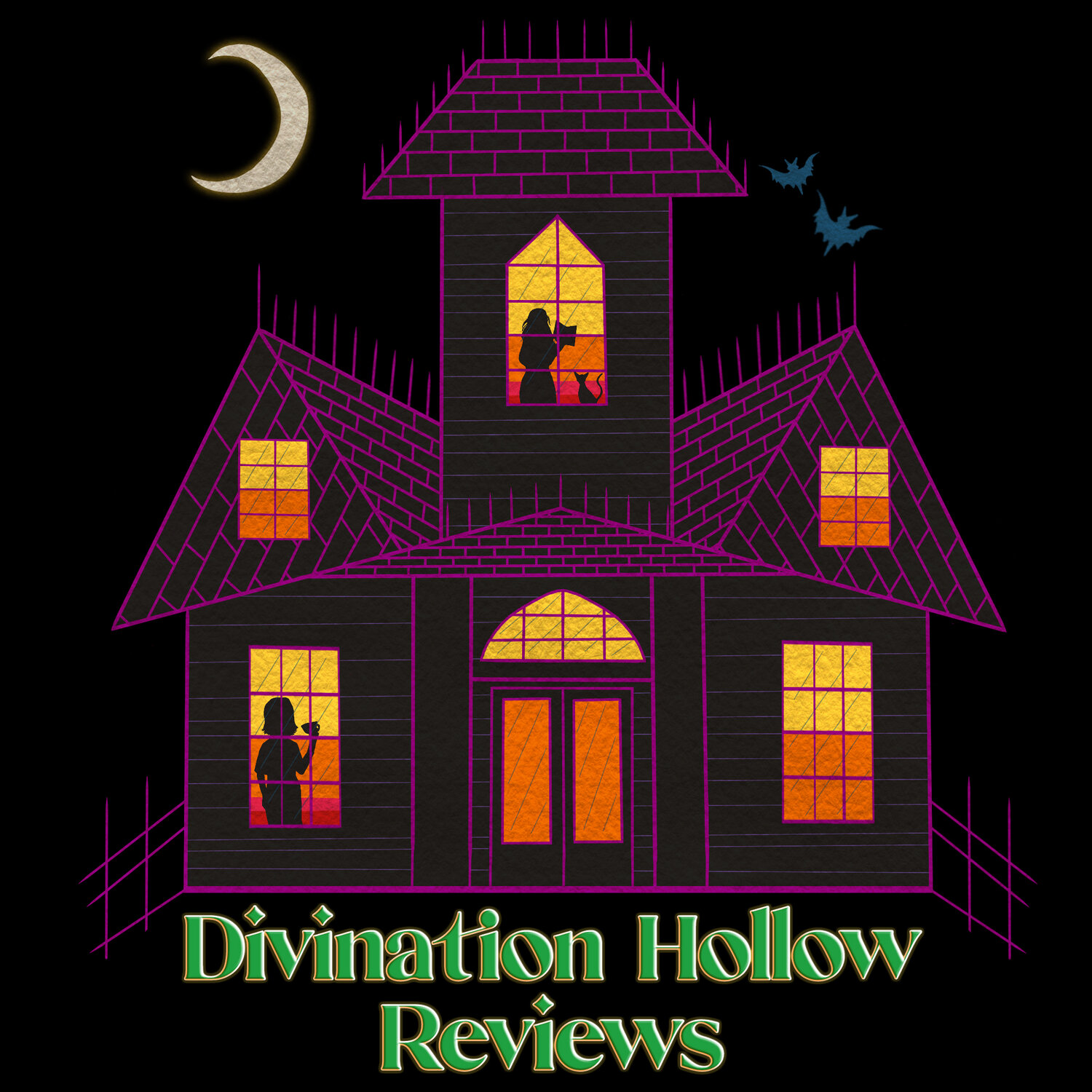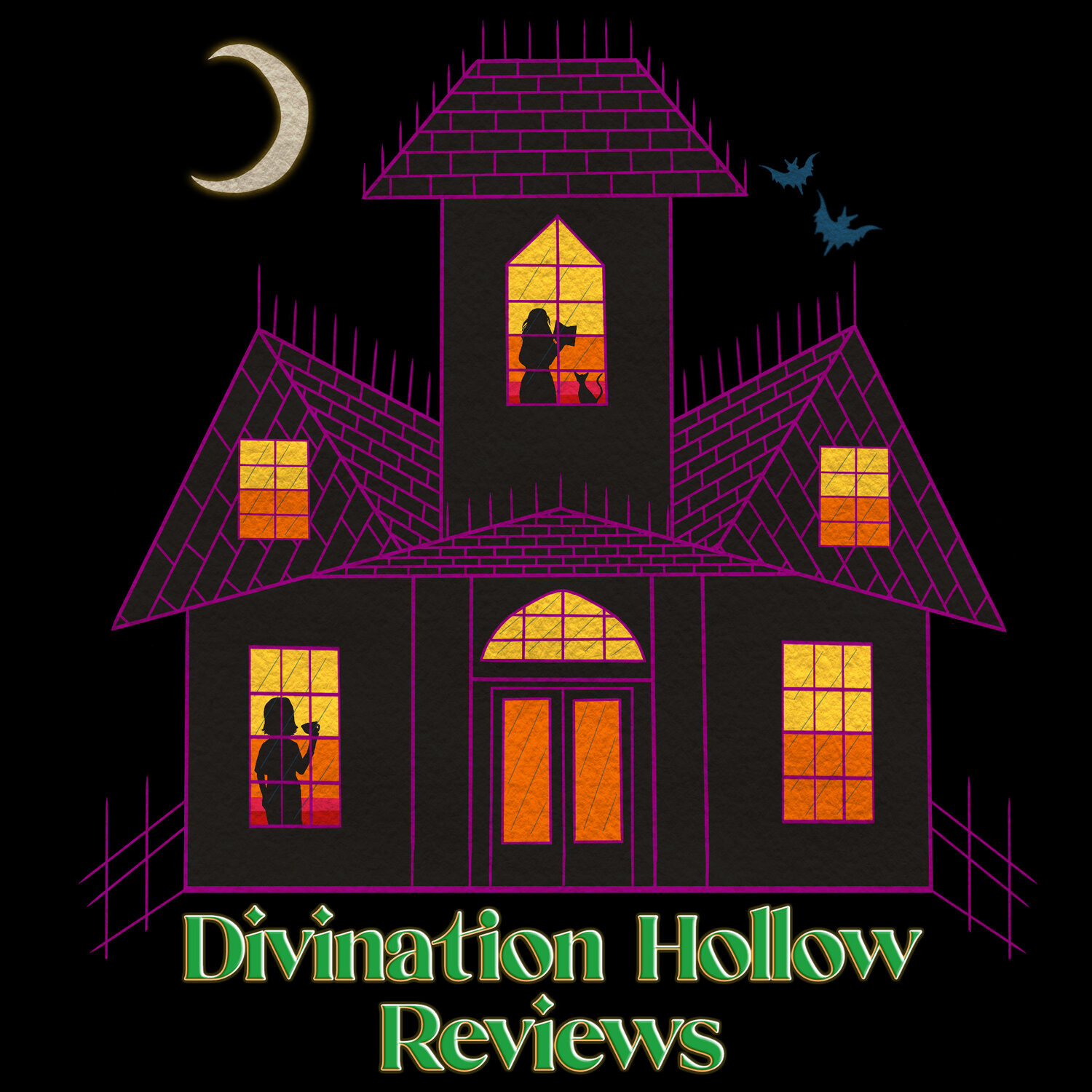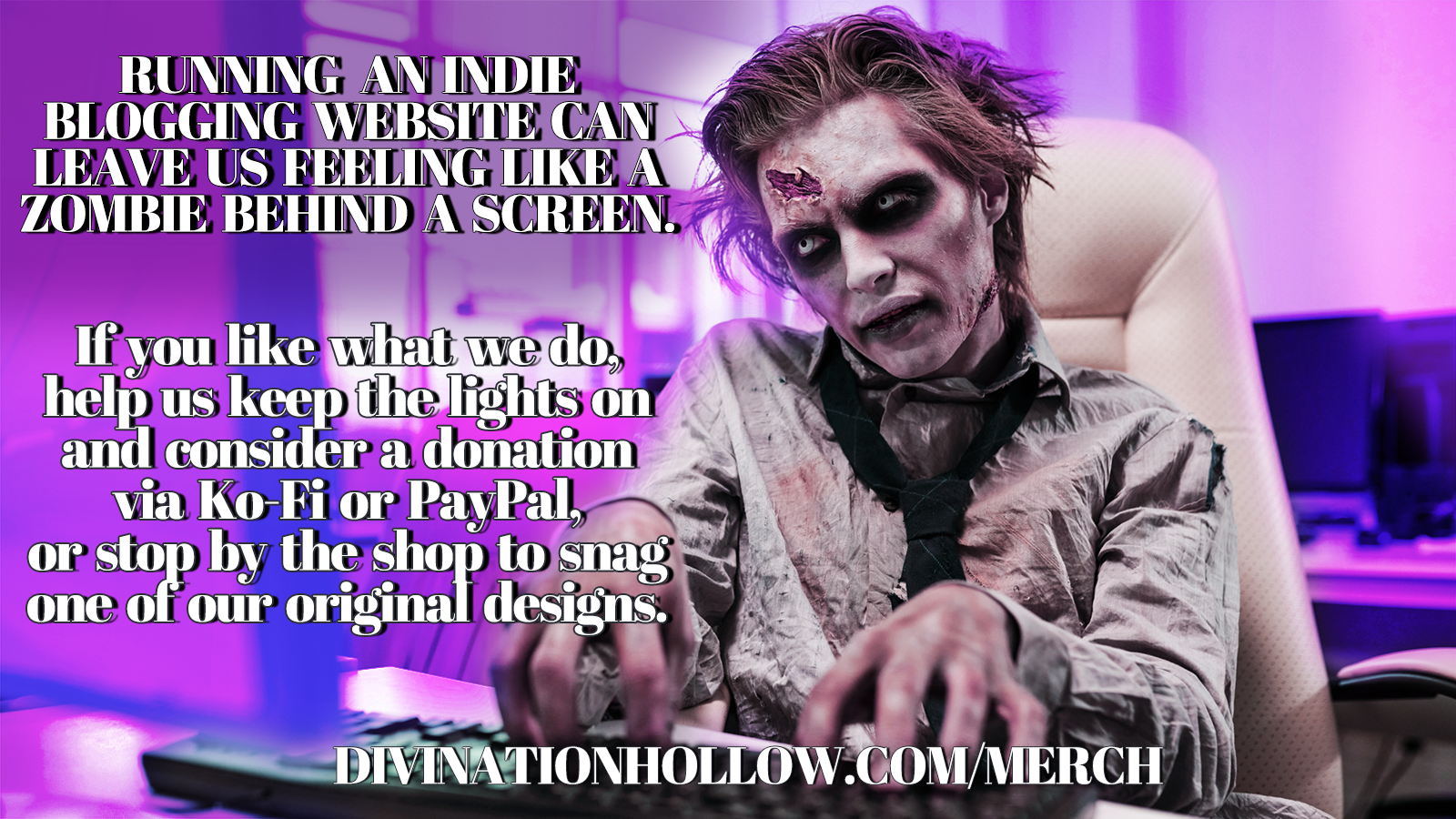Women in Horror Month: On Praising ‘The Horror Community"‘
On Praising ‘The Horror Community’
It’s something you see quite often – someone, usually (not always) a cis white man, claiming the ‘Horror Community’ is The Absolute Best Thing Ever, even better than Sliced Bread. And yeah, at times, the Horror Community can be a lovely, supportive place, with people keen to help one another and support each other. But the way some people talk about it, you’d think no other little corner of the internet was like this. The other issue, well, at times, the so-called ‘Horror Community’ can be very…different.
Let’s start with the fact I keep putting ‘Horror Community’ in quotes, shall we? The thing is, the community on Twitter, full of writers and reviewers and indie publishers, barely encompasses Horror Fans. This isn’t THE Horror Community, it’s A community, and this sometimes feels like it gets forgotten. There are plenty of other horror fans out there, working in the genre in some way, contributing to it whether it’s through reading or filmmaking or writing or just discussing their favourite podcasts.
So, we’re a single community. There is absolutely nothing wrong with that. But in other communities you have issues, every small microcosm of humankind made up of more than a handful of people will deal with a variety of problems. Not everyone in the community gets along. Not everyone in any community will – there will also be people who just don’t vibe, who dislike each other because they just don’t get along. That’s perfectly normal, and we have to accept this. In this situation, you’re going to have people who are friends with or get close to both parties, and part of being an adult is navigating these situations as an adult. If someone says, “Oh, I have that person blocked” and the response is “How come?”, the reason could vary hugely. If it’s something like “meh, I just don’t like how they act on Twitter” or “I dunno, just don’t particularly like them”, then the other person pushing the matter – oh, but they’re awesome, oh but they’ve never done anything to me, or but they’re a NAME! – won’t help anyone.
You can’t force people to get along, and sometimes we have to accept people we like will block or mute each other, and some people might block and/or mute us, too. Occasionally we don’t know the reason for this. People might block/mute/unfollow because you appear close with others they don’t feel comfortable with. It’s a way of protecting themselves, and if you get offended by some internet stranger unfollowing or blocking you? Get over it. Get off social media until you can learn to be an adult.
The thing is, if you’re marginalised in almost any way, you will have experienced the other side of ‘our Horror Community’. There are too many people who have had experiences of harassment, misogyny and sexism, racism, homophobia, and other forms of bigotry. And sometimes, it becomes an incredibly lonely place, when you see people you admire and respect ‘buddying up’ to people who are like that. It becomes a constant question of “do they know?”
“Well, they could just speak out!”
Sometimes they have. Sometimes they’ve seen others who have, and know the absolute hell their lives become. Sometimes people have told others they thought they could trust, only to be proven wrong. I’m not necessarily writing this to yell at people to do and be better, but there are many who will happily announce this community as wonderful while pretty much ignoring the underlying issues and doing nothing to help protect others, focusing only on serving their own interests.
The thing is, often there is a sense of some people being thrown under the bus. And the ones who are throwing them will carefully pick out someone they perceive as more powerful in a marginalized group, declare themselves an ally and ensure any criticisms can be deflected because they’ve never done anything to This Person.
It’s a repeated pattern, too often ignored.
People who have never been marginalized also seem to have particular habits where they like to announce how they have been A Victim, Too. They cite their hobbies and interests as being a reason they were bullied – we see this often with cis het white men in gaming and Horror, ignoring the fact both of these have been fairly mainstream for a long, long time. Not to say people haven’t been bullied, but when someone is ten, fifteen, twenty years out of school, memories can become hazy. It’s hard to identify the reasons for bullying, but pinning it just on hobbies can be misleading, and occasionally, well, narratives get twisted. We see it often in social media with people in positions of power claiming they are victims of harassment and are being bullied, when they’re directing abuse towards others.
Many of us have seen this behaviour and many people witnessing this or at the receiving end are leaving the community. The fact is, consistently poor behaviour, the constant sense of feeling isolated, the boys’ club mentality in some horror circles, all becomes too much. It’s difficult to pin down why these people are attracted to horror in particular, but although there are issues in other communities, in horror there are elements that seem particularly keen to stick out.
Horror is one of the only genres where various victims can fight back. When a young girl can face off against a supernatural predator and emerge, victorious. Horror has long been used as exploration by marginalised groups, as a way of people to dig into their own psyche. Horror has a lot of unique attractions. But at the end of the day, it is also one of the only genres that really invite us to see not just through the hero’s eyes, but the villain’s, too. Slasher films give us POV kill-shots where people who are not cis het white men have their deaths lingered over and savoured. Possession films often show the bodies of girls and women twisted and contorted. But in both instances, the ‘victim’ emerges at the end of the fight, revealing her strength, resilience and resourcefulness. Occasionally in Slashers and often in Possession films, she has been saved or assisted by a man. But she defeats the evil and rises, triumphant.
Horror is a genre of duality. Good and evil. God and the devil. Religion and science. Hero and villain, the audience invited to emphasise with both, to understand both, to put themselves in the mind of both. It’s a strength of the genre, for sure, but can we really be surprised when it turns out some people we know enjoy these films not because of the victim/survivor’s triumph, but to watch the deaths inflicted along the way?
This isn’t just about emphasizing with the monsters or the way slasher killers are treated in pop culture. There isn’t anything necessarily wrong with any of this, but as with many things, it is something always worth being conscious of. We praise the Final Girl for surviving, but some see their idolisation of the Final Girl as evidence of being a ‘good person’. “Of course I’m not sexist – I love Ripley!”
Horror is, in many ways, built on duality. Yet so many seem content to ignore this. There are those out there who will do nothing to uplift marginalised voices outside of months like Black History Month, Women in Horror Month and Pride. There is so much emotional labour performed that is either largely ignored, or parroted by people who put none of the effort in of being an ally.
This argument is made, in some form or another, so often. But next time you go to praise ‘The Horror Community’, consider who and what it is you’re actually praising. Because for many of us, The Horror Community isn’t the glorious beacon of acceptance it’s often lauded as being, and when you’ve been at the end of harassment it can be a cold, isolating place where your voice is very quickly drowned out.
By Elle Turpitt
Twitter & Instagram: @elleturpitt
Website: elleturpitt.com




